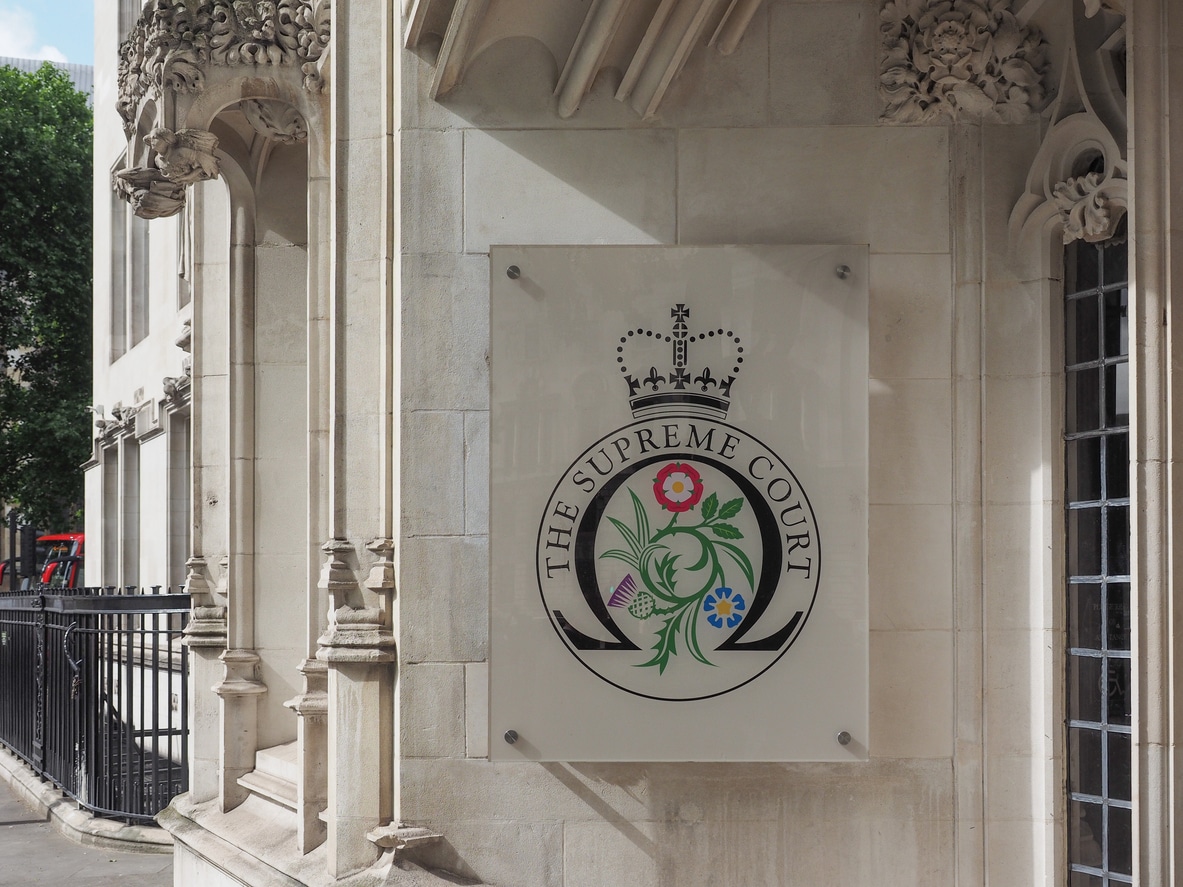Business Energy Secret Commissions: Lessons from the Supreme Court in Hopcraft
In August 2025, the Supreme Court handed down its judgment in Hopcraft v Close Brothers Limited; Johnson v FirstRand Bank Limited; Wrench v FirstRand Bank Limited [2025] UKSC 33, the contents of which have significantly impacted the landscape of secret commissions claims. The Court has provided clarification of the law and has overturned the Court of Appeal's broader approach to these matters, as summarised below.

What is a Secret Commission?
We have written numerous articles on this topic, all of which can be found in our news section. In summary, and in the context of business energy claims, where commissions are paid to an agent but have not been disclosed to the principal (i.e. the customer), such that those payments are made without the knowledge or consent to that principal, they may amount to a bribe and be unlawful.

What were the key findings in Hopcraft?
Whilst the Hopcraft case concerned motor finance agreements arranged by car dealers, the key findings will apply to other broker arrangements. In Hopcraft, the Court clarified:
1. That the existence of a fiduciary duty is essential for there to be a bribery claim i.e. the person receiving the payment must have owed a fiduciary duty of loyalty to the claimant. The Court said:
“A fiduciary acts for and only for another. He owes a duty of single-minded loyalty to his principal, meaning that he cannot exercise any power in relation to matters covered by his fiduciary duty so as to benefit himself”
- For such duty to arise there must be “the assumption of responsibility by the fiduciary to act exclusively on behalf of the other in the conduct of the other’s affairs”; and
- Fiduciaries are strictly prohibited from making any profit themselves out of their fiduciary position without the fully informed consent of their principal.
2. If a fiduciary duty applies, the principal must receive disclosure of “all material facts” to be able to provide informed consent to a payment. There is no longer a distinction between “fully secret commissions” and “half-secret commissions”.
3. Unfair relationship claims can still be considered. The Court upheld the claim in Johnson under section 140 of the Consumer Credit Act 1974, because the relationship between Mr Johnson and the lender was unfair due to high commission (55% of the total cost of credit) and the failure to disclose both the existence of commission and the commercial link between dealer and lender, which created a misleading impression that the dealer was seeking finance offers from multiple lenders when it was not.

What is the impact of this on business energy commission claims?
The Supreme Court’s decision in Hopcraft has provided some important clarification in this area. However, the legal landscape is set to be further defined by the anticipated judgment in Expert Tooling and Automation Ltd v Engie Power Limited. That case deals with a “half-secret” commission, where the customer (Expert Tooling) knew that a commission was being paid to the broker, but was unaware of the amount or how it was structured. Expert Tooling brought a claim against the energy supplier, Engie Power Limited, as the broker had gone into administration.

The Court’s decision that there is no longer a distinction between “fully secret commissions” and “half-secret commissions” could be key for business energy customers, who may not have been told all the “material facts” about a broker’s commission e.g. that it existed, the exact amount, that it was added to the unit rate or that if affected the contract term. If none of this was explained, then based on the recent judgment, the customer may not have given informed consent. However, the circumstances of each broker arrangement will need to be carefully considered based on the facts of each case and the pending decision in Expert Tooling should give a definitive statement on the disclosure required.
Further, the Supreme Court is expected to clarify whether claimants pursuing accessory liability against a third party (such as a lender or supplier) need to prove dishonesty. The Court of Appeal held that dishonesty was essential and if the Supreme Court agrees, then it may make it harder for claimants to pursue suppliers directly in business-to-business cases, even if a fiduciary duty existed. This would align with the general business to business principle that, where the parties are sophisticated entities, they can protect their own interests.

The pending decision in Expert Tooling will therefore be key in providing a more complete picture for secret commissions claims. It could broaden the scope for pursuing business energy claims against brokers and suppliers in relation to many past and current business energy contracts. If your business has used an energy broker in recent years, you may be entitled to recover any commissions that were no disclosed to you. Such commissions could be significant where a business operates multiples premises, or where the contract has run for a long time. Further, the commissions are likely to have been added on to your energy bill, thereby increasing your costs.

Banking & Finance Litigation specialists
Our Banking and Finance Litigation team have successfully acted upon several high-profile mis-selling scandals in recent years, recovering millions of pounds for commercial and individual clients alike. If you suspect that your business may have been affected by secret commission payments, please contact us. We can undertake a legal assessment of your matter to determine whether you are owed compensation.
For more specialist advice, guidance and help, please get in touch on Banking@ellisjones.co.uk or give us a call on 01202 525333 for a no obligation consultation.
How can Ellis Jones help?
If you would like help or advice regarding from one of our specialists, please do not hesitate to contact us on 01202 525333.
Get in touch














